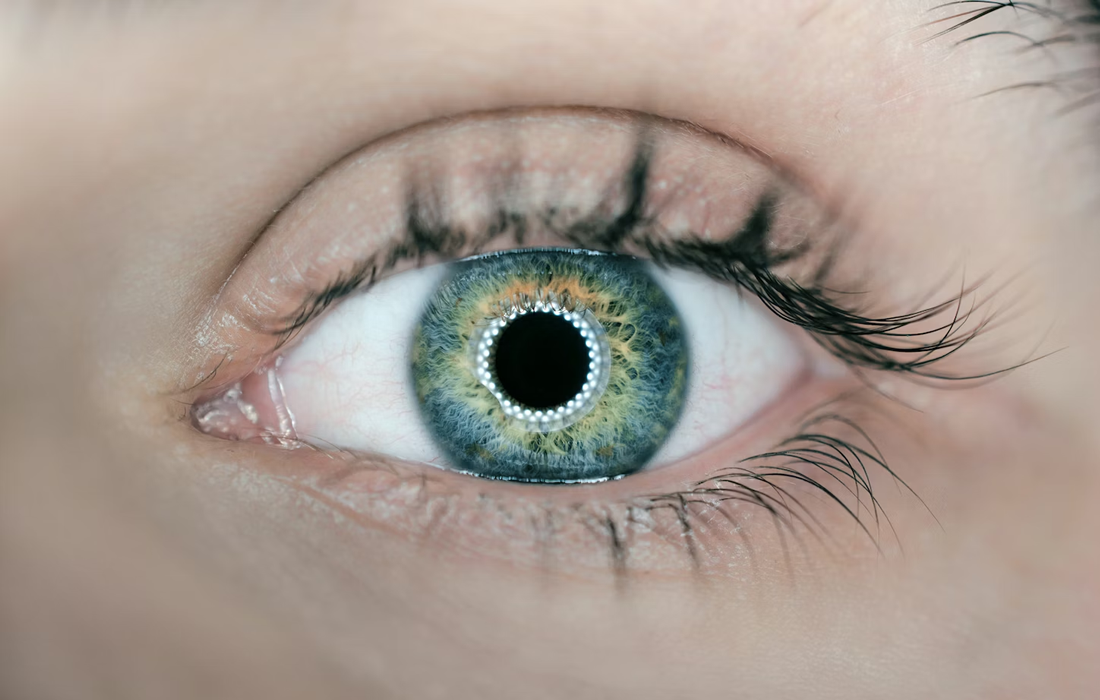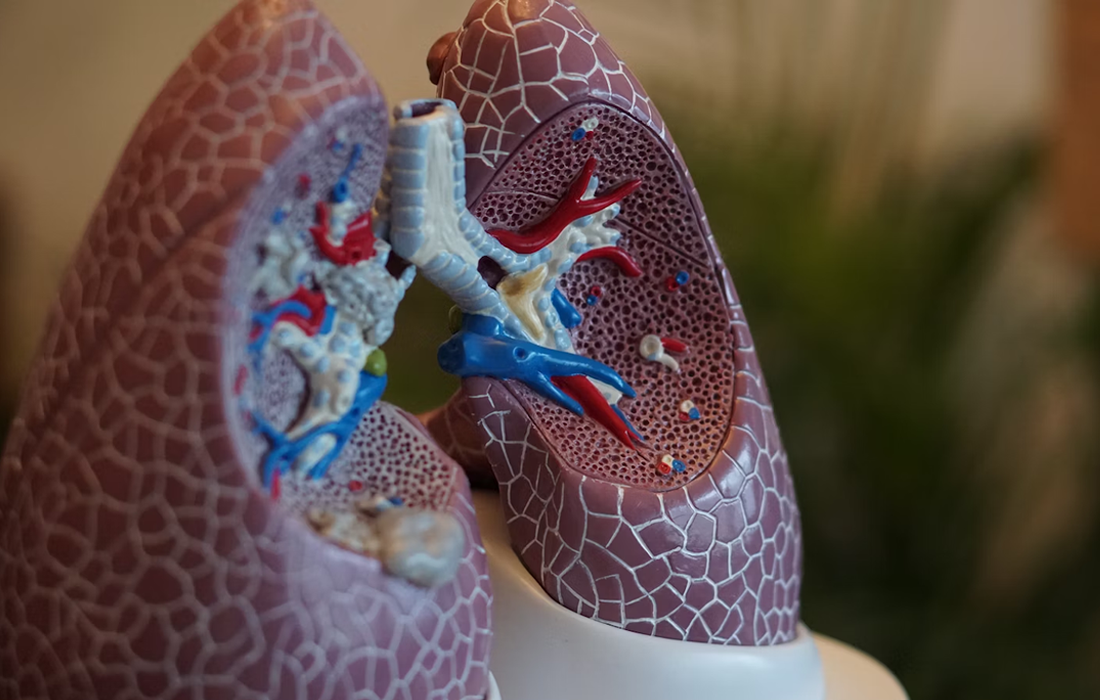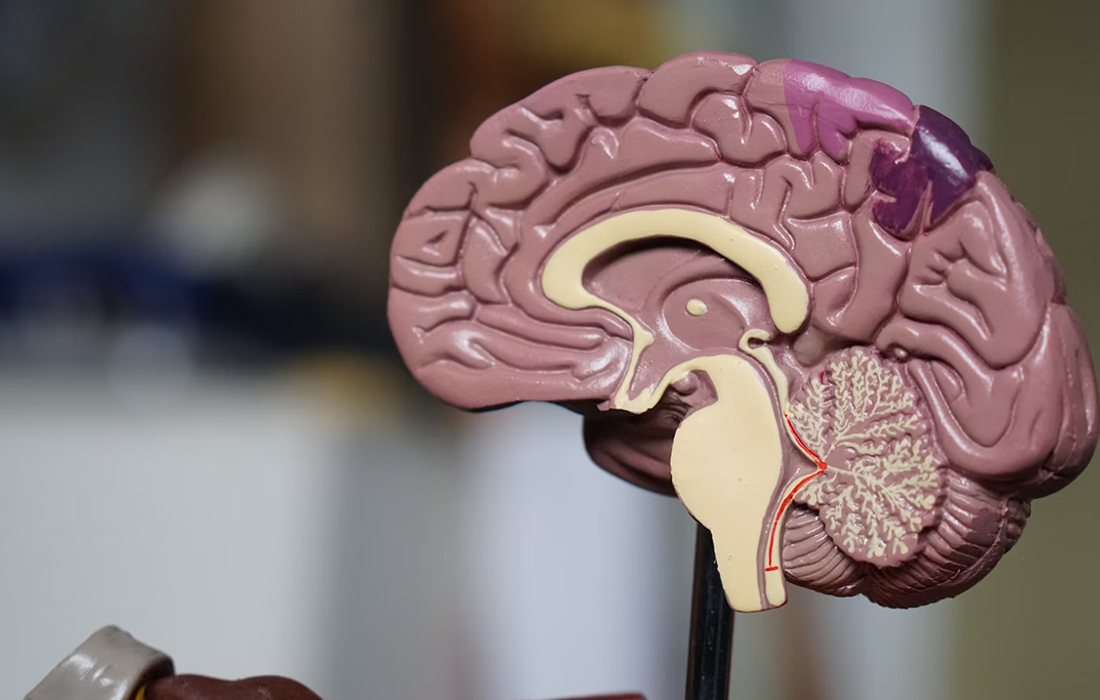A team of scientists from the University of California, Irvine, believe they have discovered a special antibody which may lead to a treatment for Retinitis Pigmentosa, a condition that causes loss of central vision, as well as night and color vision. The study, Structural basis for the allosteric modulation of rhodopsin by nanobody binding to […]
Author Archives: Karely Vega, MD
Groundbreaking research published today in Nature Genetics describes the largest-ever study into the genetics of random “round-the-clock” blood glucose levels. The study, involving almost half a million people of diverse backgrounds, describes new DNA variants influencing blood sugar levels measured “at random.” The team of researchers, led by Professor Inga Prokopenko at the University of […]
Researchers have discovered a new avenue of cell death in Alzheimer’s disease and vascular dementia. A new study, led by scientists at Oregon Health & Science University and published online in the journal Annals of Neurology, reveals for the first time that a form of cell death known as ferroptosis — caused by a buildup […]
The ketogenic (keto) diet may lower testosterone levels in women with polycystic ovary syndrome (PCOS), according to a new paper published in the Journal of the Endocrine Society. PCOS is the most common hormone disorder in women, affecting 7-10% of women of childbearing age. It can cause infertility and raises the risk of developing diabetes, […]
Not only does a lack of sleep make you feel awful, research has shown it impairs the brain. What’s more, sleep loss over long periods can even increase risk for Alzheimer’s and other neurological diseases. Researchers want to understand how sleep deprivation causes this harm. In a new study in ACS’ Journal of Proteome Research, […]
A study of twins shows that having a concussion early in life is tied to having lower scores on tests of thinking and memory skills decades later as well as having more rapid decline in those scores than twins who did not have a concussion, or traumatic brain injury (TBI). The study is published in […]
Researchers led by Hiroshi Ohno at the RIKEN Center for Integrative Medical Sciences (IMS) in Japan have discovered a type of gut bacteria that might help improve insulin resistance, and thus protect against the development of obesity and type-2 diabetes. The study, published August 30 in the scientific journal Nature, involved genetic and metabolic analysis […]
A new study from the Department of Public Health at Aarhus University suggests that you should be cautious about inhaling too much of the cozy atmosphere. Karin Rosenkilde Laursen, a postdoc at the department and co-author of the study, says: “Our study shows that indoor air pollution caused by fumes from cooking and burning candles […]
A new study, published in The Journal of Nutrition, suggests that extreme dietary habits involving carbohydrates and fats affect life expectancy. Researchers from Nagoya University Graduate School of Medicine in Japan led by Dr. Takashi Tamura found that a low carbohydrate intake in men and a high carbohydrate intake in women are associated with a […]
A human-made antibody successfully prevented organ rejection when tested in primates that had undergone a kidney transplant, Duke Health researchers report. The finding clears the way for the new monoclonal antibody to move forward in human clinical trials. Results of the study appear online Aug. 30 in the journal Science Translational Medicine. “Current medications to […]










